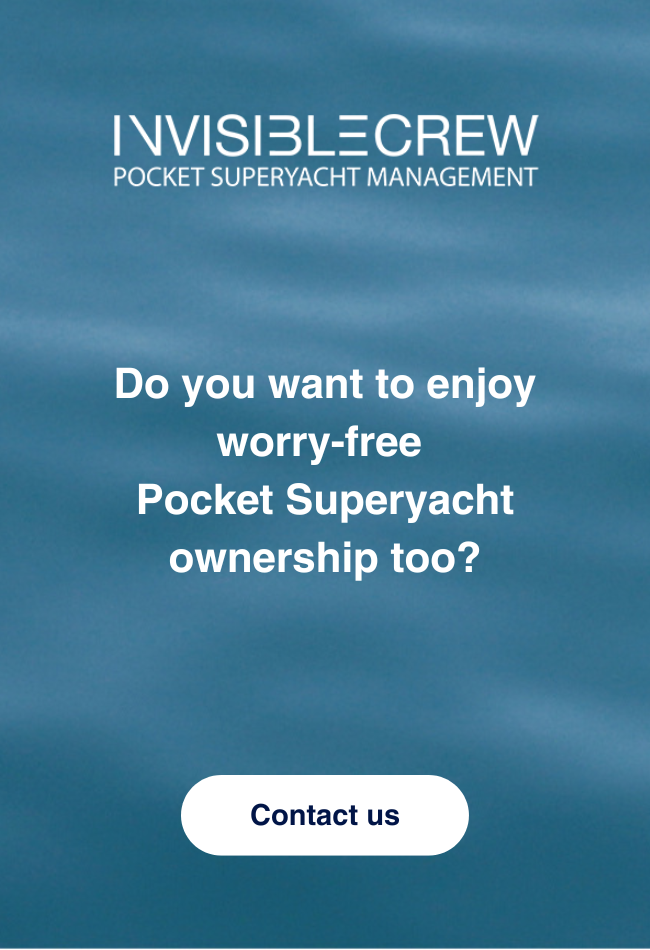
NATO, the EU and other international big hitters have been cautious of joining the defense of Ukraine fearing a spiraling escalation that could quickly get out of control and this time the spectre of World War III doesn’t seem like hyperbole. The closest they have been willing to sail to the wind is the supply of some very effective weapons that have given the defenders of Ukraine at least some chance. So far the military aid from NATO countries, the US and EU has totalled around $1bn.
Here is the kicker though, European countries are so highly reliant on supplies of coal, oil and gas via pipelines that they are sending roughly the same figure to Russia every day.
The tough economic sanctions imposed by most of a united international community are biting. The ruble has crashed, supplies of many goods in Russia are drying up and inflation is soaring. The resulting hardships are being felt by ordinary Russians and things are certain to get worse.
But the $1bn of daily funding is effectively bankrolling Putin’s war, potentially indefinitely.
The race to wean the world off Russian supplies is on, and it’s slow progress. It is possible to switch supplies of coal and oil relatively quickly, all though that does usually mean cosying up to some objectionable regimes. It is gas that is the problem. Europe gets around 40% of its gas from Russia via pipelines, with Germany as high as 60%. Switching from it is not easy, and will not be without pain. In the early days of the invasion of Ukraine Germany canceled a project to build a second pipeline through the Baltic, but to turn off the taps on existing supplies is likely to result in the closure of some business, rationing of power, and will almost certainly tip Europe’s most powerful economy into recession.
Alternative forms of energy are also being rapidly evaluated. New nuclear power stations, reopening coal seams and oil wells, fracking of shale gas among them. Most of these are counter productive in the emergency need to decarbonise the global economy and abandoning them now will almost certainly mean missing targets aimed at reducing man-made climate change.
Renewable energy is the desirable solution, and in the last few years billions of dollars and some of the planet’s brightest brains are working on this, but it’s not there yet, not quite.
It’s a sad indictment of our species but humans are at their most productive when put on a war footing. Alliances of the willing are struck, national resources and national spirit are mobilised to repurpose an economy to produce bombs, planes and war ships.
The recent pandemic has shown that, however reluctantly the majority of people are willing to put up with extraordinary privations to see off a common enemy. Lockdowns, the closure of businesses, the repurposing of factories to rapidly produce PPE or ventilators, the construction of temporary hospitals and vaccination centres, the rapid restructuring of national finances to the ‘war effort’ are all possible in very short order if the motivation is strong enough.
The world is not yet in a shooting war with Russia, and we must all hope that it never comes to that, but we must consider ourselves at war with Russia economically speaking.
We have the opportunity to address two awful and urgent situations in one hit. End the daily financing of Putin’s war and stop it in its tracks, and at the same time make rapid progress in the switch to renewable energy. It won’t come easily, and it won’t be without pain. Winning a war never is.
Most of us are fortunate not to be faced with Russian missiles and tanks, but we must, nevertheless, consider ourselves to be at war, because we are at war.
Phill McCoffers – The Islander Economics Correspondent












